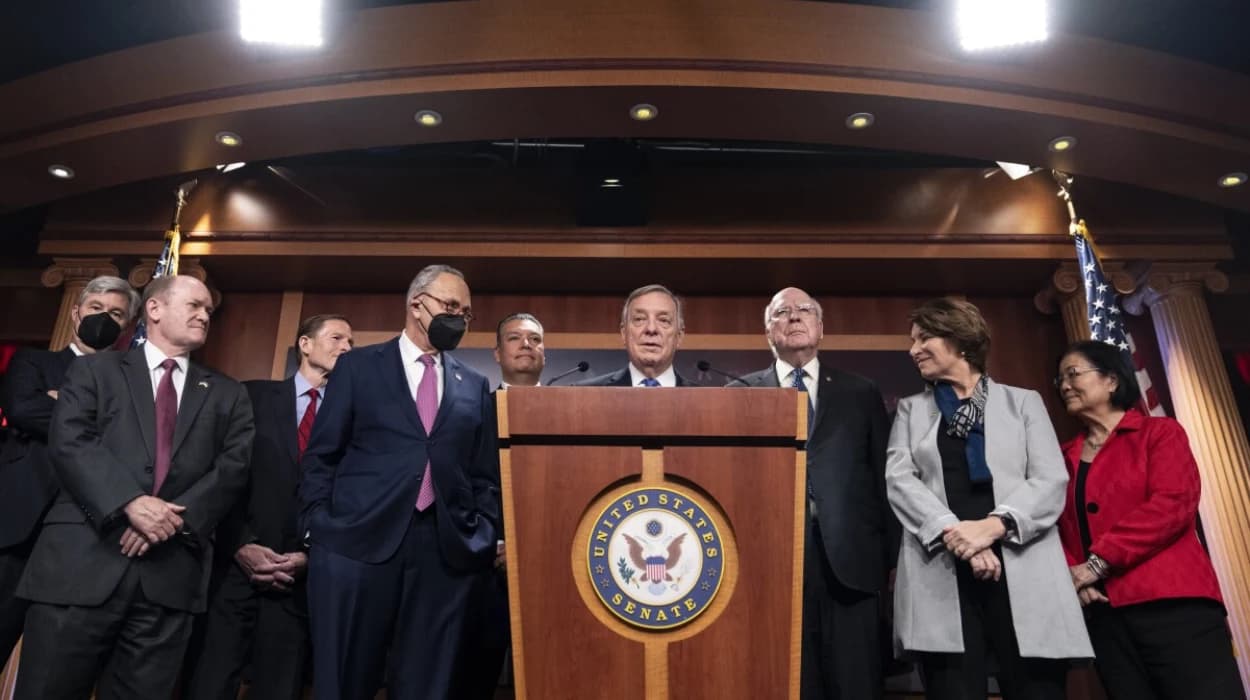U.S. senators hold one of the highest offices in American government, offering them considerable influence on the country's laws, policies, and international stance. Each state elects two senators regardless of population, reflecting a key feature of federalism and equal state representation. The scope of a senator's duties is shaped by constitutional mandates, Senate rules, and political customs, spanning lawmaking, overseeing the executive branch, confirming key officials, ratifying treaties, and serving the needs of constituents. Understanding these duties offers insight into the workings of the U.S. Senate and the integral role senators play in shaping the nation's political, economic, and social fabric.
Lawmaking and Legislative Responsibilities
At the heart of a senator's role is crafting, debating, amending, and voting on legislation. Senators introduce bills, propose amendments, and work within Senate committees specializing in areas like finance, foreign relations, judiciary, and defense. They negotiate legislation with colleagues in both the Senate and the House of Representatives to ensure passage before bills reach the president for signature or veto. Their legislative role requires deep understanding of complex policy issues, responsiveness to constituent interests, and collaboration across party lines. This process influences everything from national infrastructure initiatives to healthcare, education, and environmental regulations.
Oversight and Investigative Duties
Senators have the constitutional responsibility to conduct oversight of the executive branch to ensure laws are faithfully executed and government officials remain accountable. They hold hearings, summon witnesses, and issue subpoenas when investigating government agencies or programs. This oversight function helps deter corruption, inefficiency, and abuse of power. High-profile investigations may involve the actions of cabinet members, federal agencies, or issues of national security. The Senate’s oversight role supports the system of checks and balances that underpins U.S. governance.
Confirmation of Presidential Appointments
One of the Senate’s unique responsibilities is to confirm or reject presidential nominations to critical federal posts including Supreme Court justices, federal judges, cabinet members, and ambassadors. This power serves as a critical check on the executive branch. Senators evaluate nominees through hearings to assess qualifications, experience, and suitability for office. Confirmation decisions often involve intense political scrutiny and public debate, reflecting the profound influence those appointed officials have on law and policy.
Treaty Ratification and Foreign Policy
The Senate plays a seminal role in American foreign policy by approving or rejecting treaties negotiated by the president with other nations. Treaties require a two-thirds Senate majority to be ratified, making this a significant legislative check on executive diplomacy. Senators also influence foreign policy through their oversight of the Department of State and participation in foreign relations committees. They may shape trade agreements, strategic alliances, and national security policies affecting U.S. global engagement.
Budgetary Powers and Appropriations
Senators have a voice in shaping the federal budget and allocating funds for government programs and projects. Through committees such as the Senate Appropriations Committee and Senate Finance Committee, senators debate funding priorities and amendments. They work closely with the House and the executive branch to finalize budgets ensuring the government’s operations and services are financially supported. Their decisions impact sectors such as defense, healthcare, education, and infrastructure development nationwide.
Constituent Services and Representation
Beyond Washington, senators maintain offices in their home states, connecting with constituents and addressing their concerns. They advocate for state interests, help citizens navigate federal programs, and respond to individual requests such as assistance with Veterans Affairs or Social Security. This representational duty keeps senators grounded in the needs and opinions of the people they serve, ensuring democracy remains responsive.
Senate Leadership and Committee Roles
Within the Senate, senators may take on additional roles that shape Senate operations and influence legislation. Leadership positions include the Majority and Minority Leaders who set agendas and manage floor debates. Whips help organize party votes. Senators chair and serve on numerous committees where much of the legislative and oversight work occurs, allowing them to specialize in areas like judiciary, foreign affairs, and appropriations. Committee chairs in particular hold substantial sway over the legislative process and policy focus.
The duties of a U.S. senator are multifaceted and demanding, spanning legislative creation, oversight of government operations, confirmation of key appointments, treaty approval, budget formulation, and representation of constituents. These responsibilities anchor the Senate’s crucial role in American governance, ensuring a balance of power, democratic accountability, and informed policymaking. Serving six-year terms without limits, senators have the opportunity to develop lasting influence while carrying significant obligations that affect both their states and the nation.

